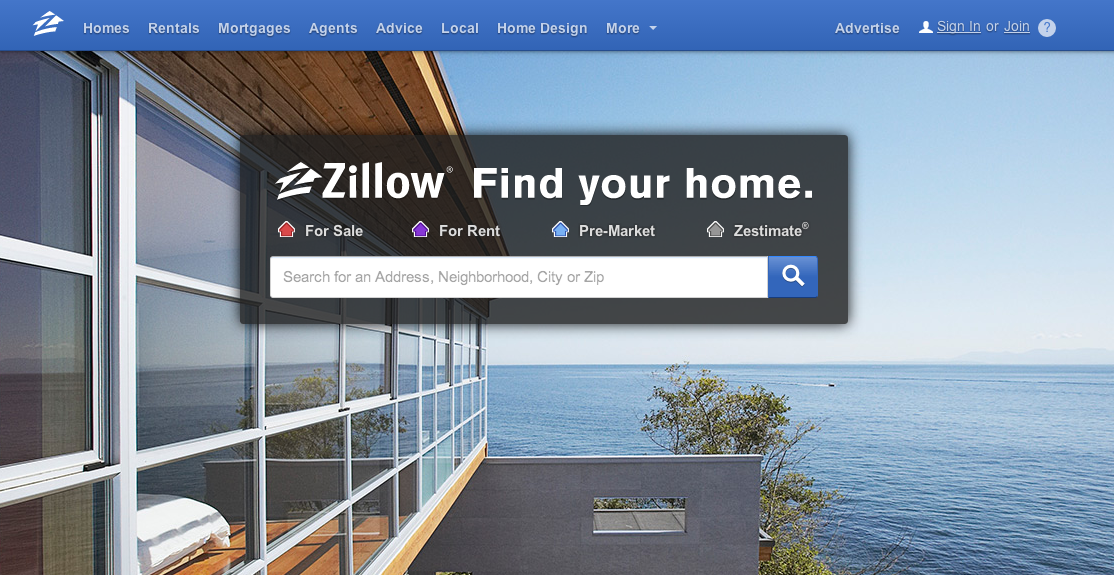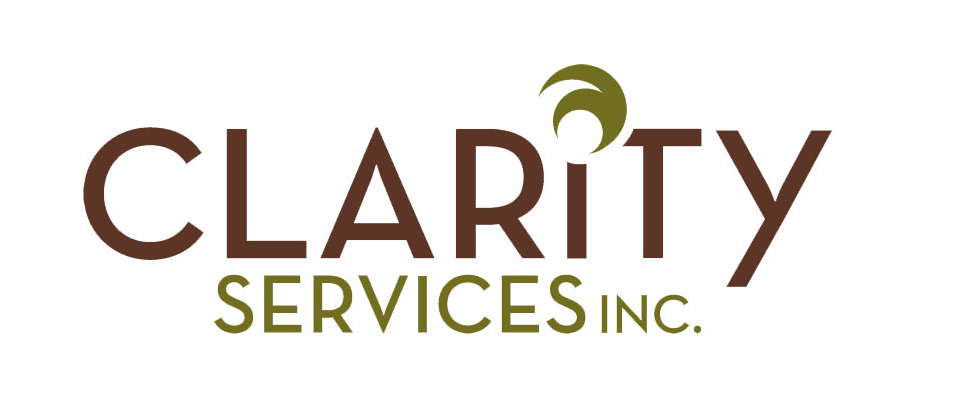Real estate listings site Zillow — home of the controversial “Zestimate” — is in the regulatory hot seat over an advertising program for mortgage lenders that may violate federal anti-kickback law. [More]
lender’s

Auto Lender Must Pay $3.28M In Refunds, Penalties For Illegal Debt Collection Tactics Against Servicemembers
Four months after federal regulators filed a lawsuit against an Ohio-based auto loan company over allegations it violated consumer protection laws – including those protecting servicemembers – in order to collect debts, Security National Automotive Acceptance Company (SNAAC) will pay $3.28 million in refunds and fines to resolve the case. [More]

CFPB Sues Auto Lender For Aggressive Debt Collection Tactics Against Servicemembers
By now it should come as no surprise that lenders shelling out thousands of dollars to help consumers make purchases for things like houses and cars often use lies and threats in attempts to recoup those funds. And while those tactics might result in some payments, they will also likely draw the ire of federal regulators. [More]

Four Years After Reaching Deal With Regulators, Six Banks Still Haven’t Fixed Foreclosure Problems
Back in 2011, several of the nation’s largest banks entered into a settlement with federal regulators that required the institutions to correct widespread foreclosure abuses that helped to trigger the housing crisis. While the agreement was revised in 2013 to make things a bit easier for the offending banks, regulators today announced that six of the lenders – including JPMorgan Chase and Wells Fargo – still haven’t met requirements and face new restrictions on their mortgage operations. [More]
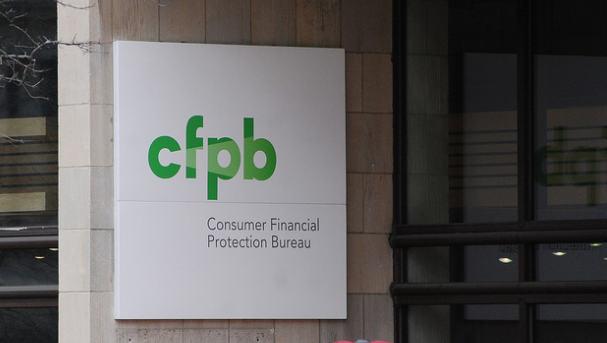
CFPB Returned $19.4M To 92,000 Consumers In The Last Half Of 2014
Each year the Consumer Financial Protection Bureau supervisory examiners hold hundreds of companies accountable for violations of fair lending and debt collection rules. During the last half of 2014, those actions resulted in the return of $19.4 million to more than 92,000 consumers, according to a new report from the agency. [More]
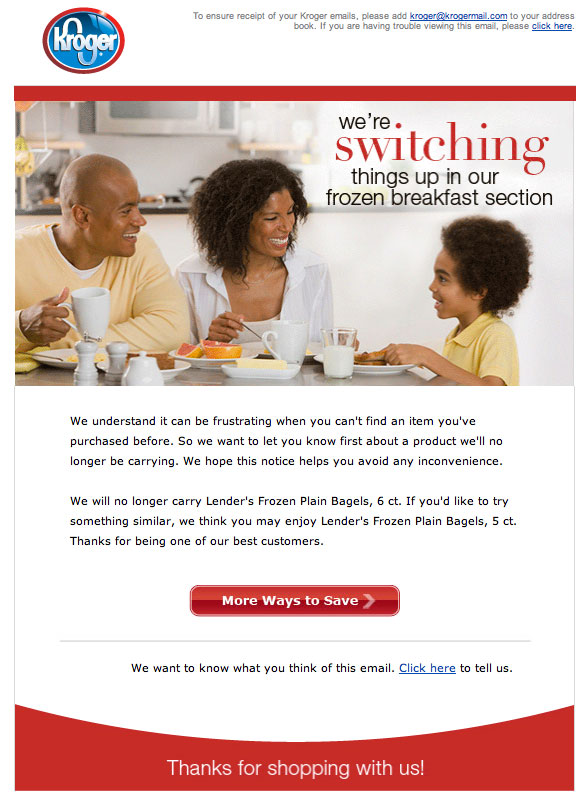
Lender’s Introduces The Baker’s Half-Dozen: Five Bagels
Kroger is ever so thoughtful. Maybe a little creepy, too. Michael received an e-mail from the grocer notifying him that a product he’s bought in the past–Lender’s frozen bagels–won’t be available anymore. That’s sad, but we’re sure that he’ll muddle through somehow. “Nice to know they’re concerned about our finding products we’ve shopped for….” he writes. [More]
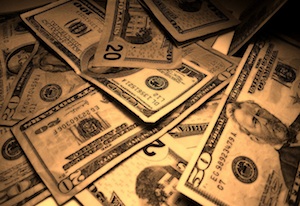
Citibank Transfers Student Loan To Another Company, But Sits On $1000 Payment For 30 More Days
The last time I uncovered an obvious error with my Citibank checking account, I realized it was time to move on. Our tipster Roarke may have just reached that same conclusion, only in his case Citibank has already passed along the account for him–just not the thousand dollar electronic payment he made on it a few days prior, which Citibank says it plans to hang on to for another 30 days. [More]

25 Percent Of American Consumers Now Have Low Credit Scores
Before the recession hit, roughly 15% of Americans had FICO credit scores below 600. But after the past couple of years of late payments, defaults, and foreclosures, that number has grown to 25%, or about 43 million people. At the same time, the number of people with excellent scores (800 to 850) has increased nearly 5% from pre-recession average, which the Associated Press says is partly a result of people cutting spending and working to pay off loans more quickly. [More]
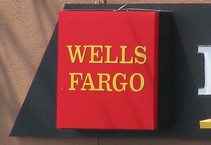
Wells Fargo Pulls $4,000 From Checking Account To Repay Student Loan
When you borrow from a bank where you also keep your day-to-day cash, you might be opening yourself up to problems down the line. Most banks have a right of setoff, which means they can tap other accounts you hold with them to repay themselves money you owe. For a woman in Atlanta, this meant Wells Fargo legally drained her checking account without warning, leaving her and her husband with no cash and $385 in overdraft fees, due to some ongoing confusion over a student loan. [More]
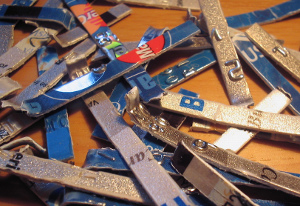
Why People Stop Using Credit Cards
In yesterday’s Money section, USA Today talked to some consumers who refuse to carry credit cards, and looked at the hidden costs. One 24-year-old says they make her uncomfortable; a guy working at a gas station to pay for college says he doesn’t want to get accosted by endless junk mailings once his name enters the pool of potential customers. Then there’s the bankruptcy lawyer who canceled his cards on principle 8 years ago, after seeing how lenders behaved when their customers suffered financial setbacks: [More]

Maybe Homeowners Wouldn't Strategically Default If Lenders Cooperated
There’s an interesting detail at the end of this New York Times article on borrowers who strategically default–that is, they choose to walk away from the home when its value is significantly less than the mortgage balance. It turns out that the homeowner mentioned at the start of the article applied last fall for a loan modification with Bank of America after his income level had dropped, and this was BofA’s response: “The lender came back a few weeks ago with a plan that added more restrictive terms while keeping the payments about the same. ‘That may have been the last straw,’ Mr. Koellmann said.” [More]
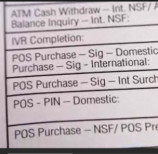
Prepaid Debit Cards Are Money Sucking Black Holes In Your Pocket
Be very careful about activating any sort of over-the-counter prepaid debit card, reports the New York Times. They looked at a handful of prepaids currently on the market and discovered ridiculously high hidden fees—the first two months of use can cost you up to $80.
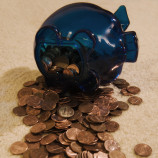
Consumer And Banking Scholars Speak Out In Favor Of Consumer Financial Protection Agency
Earlier this week, a group of 70 law professors from universities across the country released a 16-page Statement of Support (pdf) detailing why they’re in favor of the proposed Consumer Financial Protection Act. You can read the statement yourself via the link above, but we’ve summarized them below.
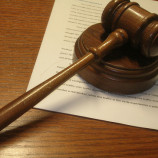
Brooklyn Judge Rejects Improperly Documented Foreclosure Motions, Shocks Banking Industry
There’s a judge in Brooklyn, NY, who has tossed out nearly half of the foreclosure cases brought before him over the past year, because the lenders have such messy paper trails that they can’t prove ownership anymore.

Wave Of Fake Debt Collectors Hints At Possible Data Breach
The Better Business Bureau has released a warning to be aware of scammers calling to threaten people with arrest “within the hour” for defaulting on payday loans. What makes them stand out from normal debt collecting scammers is these callers have huge amounts of personal info on their victims, including Social Security and drivers license numbers; old bank account numbers; names of employers, relatives, and friends; and home addresses.

Lender Makes Borrowers Pledge Their Souls
Mirosiichenko said his company would not employ debt collectors to get its money back if people refused to repay, and promised no physical violence. Signatories only have to give their first name and do not show any documents. “If they don’t give it back, what can you do? They won’t have a soul, that’s all.”
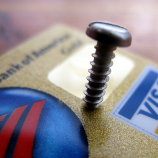
Study Of Credit Unions Indicates CARD Act Will Benefit Consumers
Two Harvard doctoral students in economics compared how credit unions and banks operated their credit card divisions, and concluded that the recent CARD act “is likely to bring about moderate, and even positive, changes,” as banks begin to emulate parts of the fairer business model of credit unions. Specifically, they say, all the doom and gloom from the banking industry about how consumers will get shafted by the new rules is mostly fearmongering.


